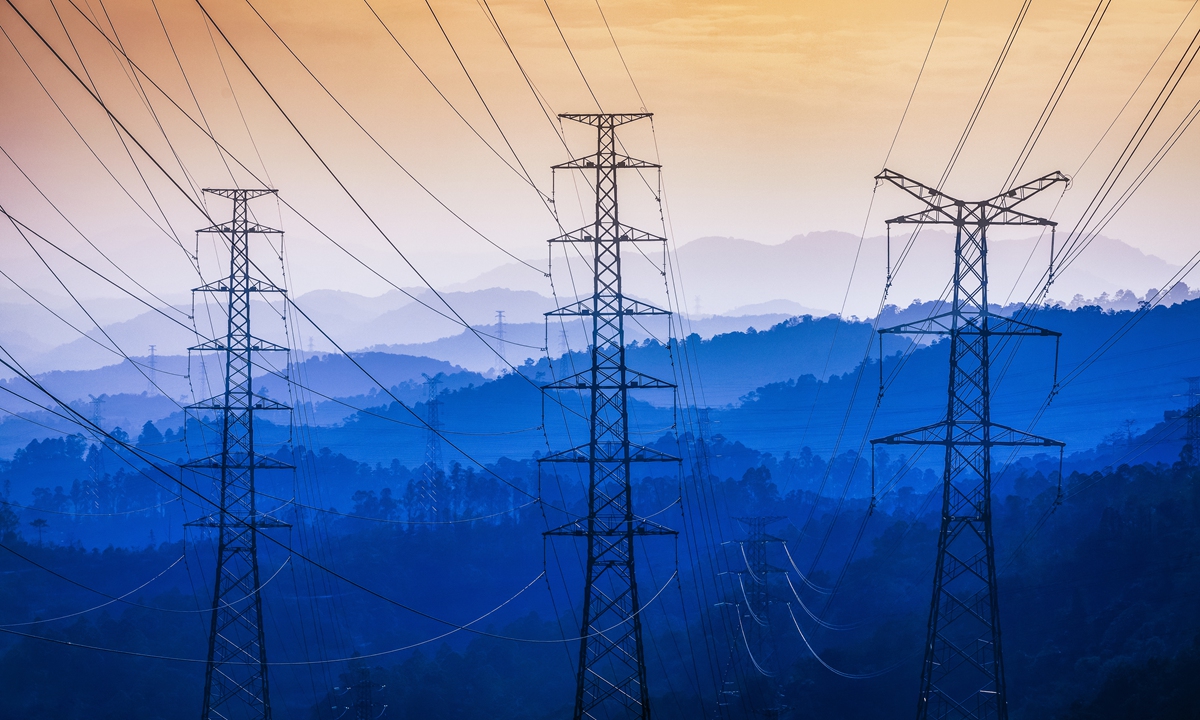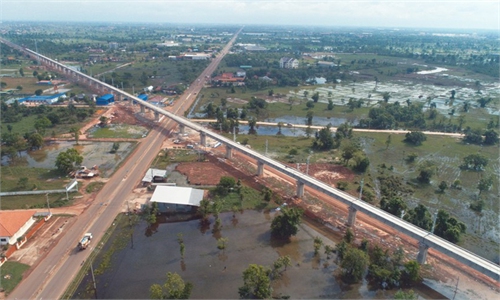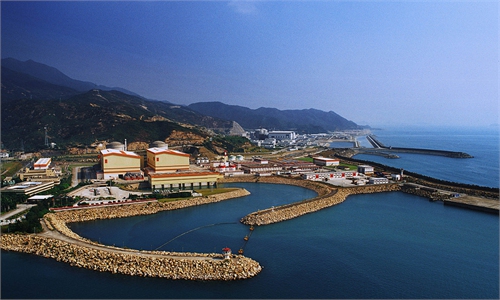
Photo: VCG
Power rationing in many places of China has drawn global attention, and many Western agencies have downgraded their forecasts for China's economic growth this year. Some US and European media have unleashed a new wave of criticism bad-mouthing China's economy and raising the alarm that global supply chains will be further affected by China's power rationing.The coronavirus pandemic has blown the production in many manufacturing bases around the world. But the Chinese mainland has been the best place to hold up production. The further concentration of global manufacturing orders in China has sharply increased China's electricity consumption, putting pressure on the country to meet emissions targets and plan power consumption.
However, it should be pointed out that the initiative is in China's own hands, whether in terms of ensuring the safety of the power grid and rationally arranging electricity consumption, or in terms of managing the pace of the green transition of its economy. This power crunch is not a crisis for China. It is a critical point at which we need to calmly respond, organize our thoughts and accurately grasp the direction.
First, the Chinese economy must continue to pursue quality transformation. The goal of carbon dioxide emissions peak before 2030 and carbon neutrality before 2060 are already set, and they create forces that require us to go with the trend, not back. China's installed power generation capacity of 2.28 billion kilowatts is already twice that of the US, yet it supports a GDP that is only about 70 percent of the US'. This pattern cannot continue to expand indefinitely, and we need to be unswerving in our efforts to narrow the gap.
It should be noted that the hype surrounding this round of "power crunch" in China has the collective intention of pushing China back to the "world's factory." We should not only use their voices as "the third eye" to expand our thinking, but also understand each other's different interests and positions, and maintain sufficient independent thinking ability.
We need to recognize two basic facts. First, China's capacity of power generation is abundant. It is not difficult for us to further increase the power generation and expand that capacity. Second, China has a strong capability in macro control. Since the country is quite experienced in speeding up and slowing things down, the problems over electricity use show that all related problems that should be addressed can be tackled or alleviated.
If some provinces act too rigid to meet emissions reduction targets and trigger harmful undulation for industrial production, then they should summarize their experience and lessons. They need to carry out the country's "dual controls" and "dual restrictions" more prudently, and try to avoid the "great leap forward" or slack at work. If the coal supply is tight, there is room for China to expand mining and increase imports of cheap coal for power generation. Not a single problem can "stumble" the Chinese economy.
In general, China's short-term problems need to be solved, and in particular, incidents like electricity restrictions in residential areas must be avoided as much as possible. We have many resources and means to achieve it without any additional conditions. On the other hand, we must firmly stick to the direction of our long-term adjustment. This requires a firm mind and not be disturbed by the need for multiple interests or even some loud noises from outside.
The world is encountering a wave of "resource shortage": The lack of chips has led to a decline in production of cars; the UK is facing a crisis in gasoline supplies; natural gas shortages have hit Germany; and KFC in the US is also undergoing supply chain shortages of chicken. The combined effect of the pandemic and geopolitical shocks is disrupting economies and people's lives, and it remains uncertain what will happen next.
China is prompt in discovering and discerning problems, and public opinion has played a positive role in it. Our ability to control, address and mitigate problems is certainly better than most economies. In this context, the Chinese people do not need to "panic." We should concentrate on overcoming every problem in our own way and focus on the road to the future. Only by doing so will we not fail at the end of the year, and not get lost in the coming years.



